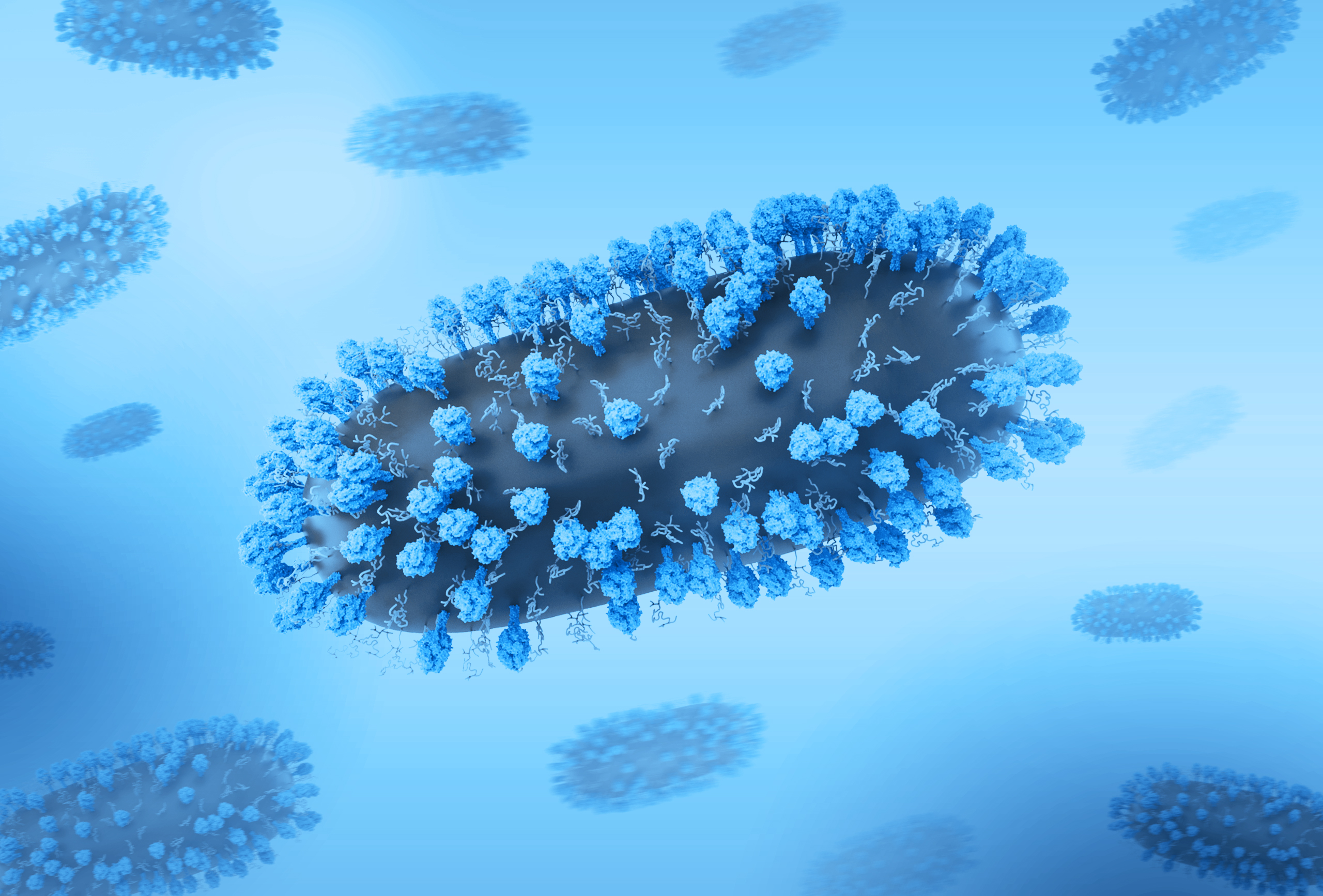Scientists in the Laboratory of Infectious Diseases (LID) were instrumental in developing palivizumab (brand name Synagis), which is currently the only preventive medicine available for RSV. LID researchers are currently working with industry on the development of candidate nasal-spray RSV vaccines. A nasal spray not only provides direct stimulation of local immunity in the nose, sinuses, throat, and lungs, it also promises to make administering the vaccine easier and less painful than using a needle.
Additionally, NIAID supports research to develop a vaccine that would help provide protection from RSV and human parainfluenza virus types 1 and 3, which also are major causes of respiratory disease in infants and young children. Researchers plan to evaluate several versions of this vaccine for immunogenicity (the ability to provoke an immune response) and advance the most promising candidates into studies of safety and effectiveness in non-human primates.
Scientific Advances
NIH Celebrates FDA Approval of RSV Vaccine for People 60 Years of Age and Older
May 4, 2023Food and Drug Administration announced the approval of the first respiratory syncytial virus (RSV) vaccine approved for use in the United States. The vaccine, Arexvy, is approved for the prevention of lower respiratory tract disease caused by RSV in individuals 60 years of age and older.

Safe and Effective RSV Protein Vaccines
May 1, 2023NIAID-funded basic and clinical studies helped establish the fundamental knowledge necessary for the private sector to develop protein vaccines. These vaccines are safe and effective at preventing severe RSV in some target populations.


